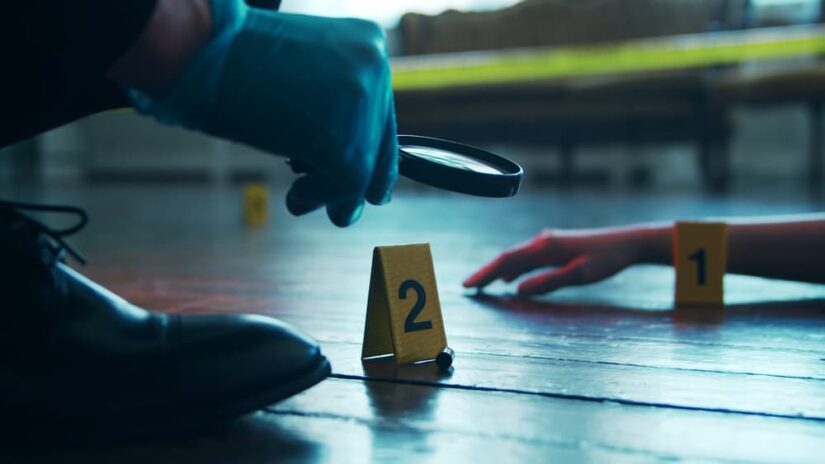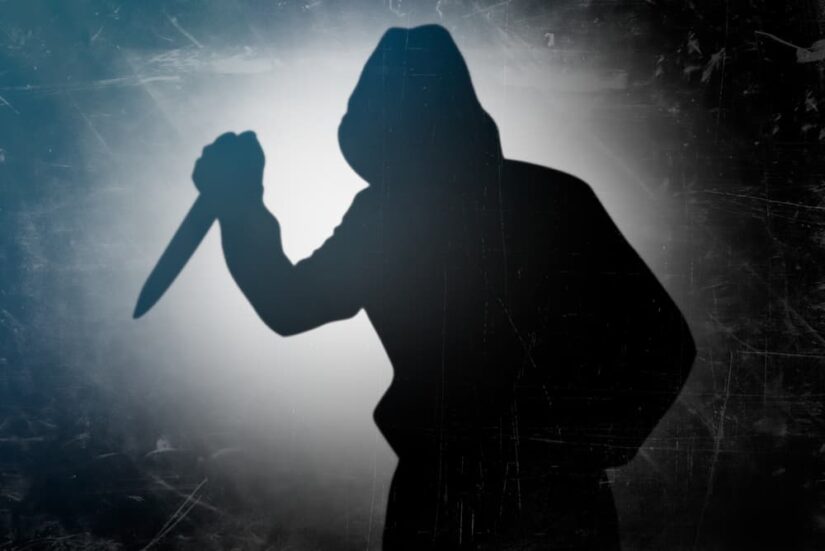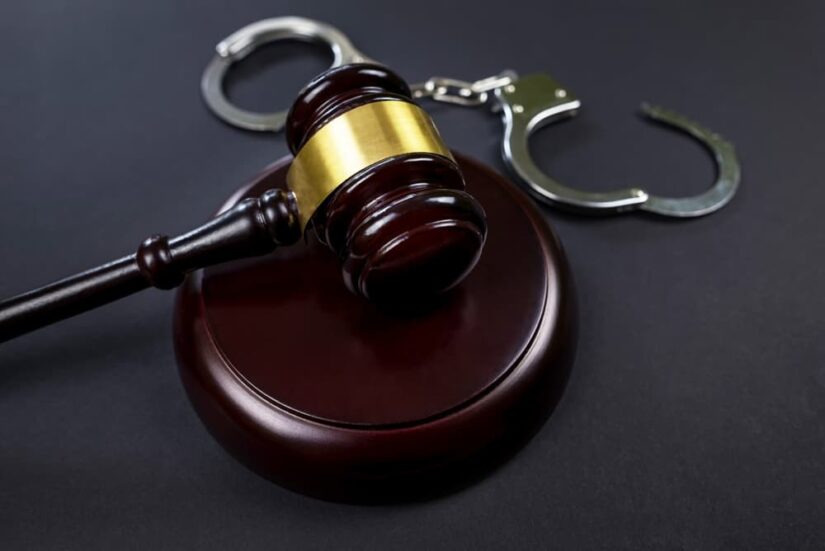Possible Defenses in Homicide Cases

Homicide charges can vary widely, including first-degree murder, second-degree murder, manslaughter, and vehicular homicide. Each charge depends on factors like intent, planning, and circumstances surrounding the death. To defend against these charges, legal defenses such as self-defense, defense of others, accidental death, mistaken identity, insanity, or lack of intent may be raised.
If you are facing one of these charges, a skilled criminal defense attorney can carefully review the evidence, investigate the facts, and identify the strongest defenses based on your case. They will protect your rights by challenging improper police procedures and weak evidence while negotiating with prosecutors to reduce charges or seek alternative outcomes when possible.
Throughout the process, an experienced Miami homicide defense lawyer will guide you through the complex legal system, prepare a strong defense, and advocate for your best interests, giving you the best chance at a fair result and minimizing the potential consequences.
Request a Free Case Evaluation
Types of Homicide Charges

People can face a range of homicide charges depending on the details of the situation and the level of intent involved. These charges vary in severity and carry different potential penalties, from years in prison to life sentences or even the death penalty. The most serious charge someone can face is first-degree murder. This charge usually involves a planned and deliberate killing or a death that occurs during the commission of certain serious felonies like robbery or kidnapping. Prosecutors must prove premeditation or that the killing happened while committing another dangerous crime.
Second-degree murder is another common homicide charge. This type of charge generally involves an intentional killing that wasn’t premeditated. It may also apply when someone acts with a “depraved mind,” meaning they acted with extreme disregard for human life. Even without a specific plan, if someone intentionally kills another person in the heat of the moment or during a violent act, they can be charged with second-degree murder.
Manslaughter is a lesser form of homicide but is still very serious. It’s typically broken down into two categories: voluntary and involuntary. Voluntary manslaughter usually involves a killing that happens in the heat of passion, such as during an argument or sudden fight. Involuntary manslaughter, on the other hand, involves a death caused by negligence or reckless behavior, like a fatal car accident caused by reckless driving or driving under the influence.
There’s also a specific charge called vehicular homicide. It applies when someone causes a death by operating a vehicle in a reckless manner likely to cause death or serious injury. It is often charged when someone causes a deadly crash due to speeding, reckless driving, or DUI.
Each of these charges comes with different legal consequences and defenses. The exact charge someone faces depends on their intent, behavior, and the facts surrounding the death. Prosecutors carefully evaluate the evidence before deciding what level of charge to pursue. Defense attorneys look for weaknesses in the case, such as lack of intent or self-defense.
Penalties and Collateral Consequences of a Homicide Conviction

A homicide conviction carries some of the most serious penalties in the entire criminal justice system. Depending on the charge and the circumstances, a person can face decades behind bars, life in prison without parole, or even the death penalty. The severity of the sentence usually depends on the level of intent, whether a weapon was used, and if the person has any prior criminal history.
First-degree murder is the most serious type of homicide charge. A conviction can result in a mandatory life sentence or a death sentence in states that still allow capital punishment. Second-degree murder often carries a lengthy prison sentence as well, sometimes 20 years to life, depending on the facts of the case and the defendant’s background. Manslaughter charges, while not as severe, still carry major penalties. Voluntary manslaughter may lead to a sentence of 10 to 15 years, while involuntary manslaughter usually brings a shorter prison term, but the punishment is still significant.
In addition to prison time, homicide convictions come with many collateral consequences that can affect a person for the rest of their life. After release, a convicted person may struggle to find employment, housing, or even access certain professional licenses. Many employers are unwilling to hire someone with a violent felony on their record, and landlords may deny housing applications for the same reason.
People with homicide convictions also lose certain civil rights, such as the right to vote, possess firearms, or serve on a jury. Restoring those rights can be difficult and sometimes impossible, depending on the state’s laws. A homicide conviction can also affect family relationships, including child custody or visitation rights. Immigration consequences are another concern. Non-citizens convicted of homicide face deportation and are permanently barred from re-entering the United States.
Beyond the legal penalties, the social stigma of a homicide conviction can follow someone for life. Reintegrating into society may be difficult due to public judgment or fear, even after serving a sentence. The lasting impact of such a conviction makes it essential for anyone facing a homicide charge to seek strong legal defense, as the outcome can shape the rest of their life in countless ways.
Possible Legal Defenses to a Charge of Homicide
A person can raise several possible legal defenses when facing a homicide charge. These defenses depend on the facts of the case and the evidence available. A strong defense can reduce the charges, lead to a lighter sentence, or even dismiss the case entirely. One of the most common defenses to a homicide charge is self-defense. It means the person accused of the crime was protecting themselves from being seriously harmed or killed. For this defense to work, the person must show that they had a reasonable belief that they were in danger and used only the force necessary to protect themselves.
Another legal defense is a defense of others. It is similar to self-defense, but instead of protecting themselves, the person was protecting someone else from harm. As with self-defense, the force used must be reasonable under the circumstances. In some cases, an accused person may claim that the killing was an accident. It can be a strong defense if the person had no intention to hurt anyone and acted without criminal negligence. For example, if someone dies during a hunting trip because of a misfire, and no reckless behavior was involved, it can be considered an accident rather than a crime.
Mistaken identity is another possible defense. In some cases, a person may be wrongly accused based on faulty eyewitness testimony or poor-quality surveillance footage. Showing that the accused was not at the scene of the crime or that someone else committed the act can lead to a full acquittal.
Insanity or mental illness can also be raised as a defense. If the person was unable to understand what they were doing or couldn’t tell right from wrong at the time of the crime, they might be found not guilty by reason of insanity. However, this defense is hard to demonstrate and often requires expert testimony from mental health professionals.
Lastly, lack of intent is a key defense in many homicide cases. If the accused did not mean to cause harm or death, the charges may be reduced from murder to manslaughter, or the case can be dismissed entirely. Every homicide case is different, and the right defense depends on the unique details of the situation.
Ways a Criminal Defense Attorney Can Help if You’re Charged with a Homicide Crime

If you are charged with a homicide crime, having a knowledgeable criminal defense attorney on your side is one of the most important decisions you can make. These cases are extremely serious, and the outcome can affect the rest of your life. A skilled defense lawyer understands the legal system, knows how to handle complex evidence, and can fight to protect your rights every step of the way.
One of the first things a defense attorney will do is review your case’s facts. They will look closely at the police reports, witness statements, physical evidence, and video or audio recordings. They will search for errors in the investigation, such as improper searches, lack of probable cause, or mistakes in handling evidence. If your rights were violated at any point, your attorney can file motions to have certain evidence excluded from trial.
An experienced criminal defense lawyer can also help build a strong defense based on the facts. Whether the case involves self-defense, mistaken identity, an accident, or another legal defense, your lawyer will gather the evidence and call expert witnesses if needed. They will also work to weaken the prosecution’s case by questioning the credibility of their witnesses or showing that the evidence is not strong enough to support a conviction.
In addition to trial preparation, a good lawyer can negotiate with the prosecution. They can secure a plea deal that reduces charges or sentences if it’s in your best interest. In some cases, they may convince the prosecutor to drop the charges altogether.
A knowledgeable attorney will prepare you for court, explain what to expect, and ensure you understand your options at every stage. They will stand by you during hearings, pre-trial motions, and the trial, ensuring your story is heard.
Finally, a skilled criminal defense attorney understands how much stress you and your family are under. They will guide you through the legal process honestly and respectfully, giving you the best possible chance at a fair result. An experienced lawyer can make all the difference when your future is on the line.
Will a Homicide Case Go to Trial?

Whether a homicide case goes to trial depends on several important factors. The decision to take a case to trial is sometimes made by the prosecutor, but it can also be influenced by the strength of the evidence, the defense strategy, and the wishes of the defendant.
One of the biggest factors is the strength of the evidence against the accused. Prosecutors review all the facts, including witness statements, forensic evidence, and video recordings. If the evidence strongly supports the charge of homicide and shows clear intent or recklessness, the prosecutor is more likely to move forward with a trial. On the other hand, if the evidence is weak or has serious flaws, the prosecutor might decide not to take the case to trial, or they may offer a plea deal with reduced charges.
Another factor is the defense’s approach. If the defense presents a strong argument, such as self-defense or mistaken identity, this can make a trial more likely because the case becomes more complex. The defense may also file pre-trial motions to suppress evidence or dismiss the charges, which can delay or even end the case before it goes to trial.
The wishes of the defendant also matter. Some defendants choose to plead guilty to lesser charges to avoid the risk of a lengthy prison sentence if found guilty at trial. Others insist on fighting the charges in court, even if the evidence against them is strong. Their choice affects whether a trial will happen.
Court scheduling and resources can also play a role. Trials require time, money, and personnel, so courts may encourage plea agreements to reduce caseloads. However, homicide cases are often considered serious enough to justify the resources needed for a full trial.
Lastly, the nature of the homicide charge matters. First-degree murder cases, which involve premeditation, are more likely to go to trial because of their seriousness. Lesser charges, like manslaughter, may be more likely to be resolved through a plea deal.
Each case is unique, and these factors together determine its path.
Speak with an Experienced Criminal Defense Lawyer Today
If you are currently charged with a homicide crime, you need experienced legal counsel in your corner as quickly as possible. A skilled criminal defense attorney can determine your eligibility for various defenses or negotiate a favorable plea deal with the state prosecutor on your behalf. They will do everything they can to achieve the best possible result in your case.
